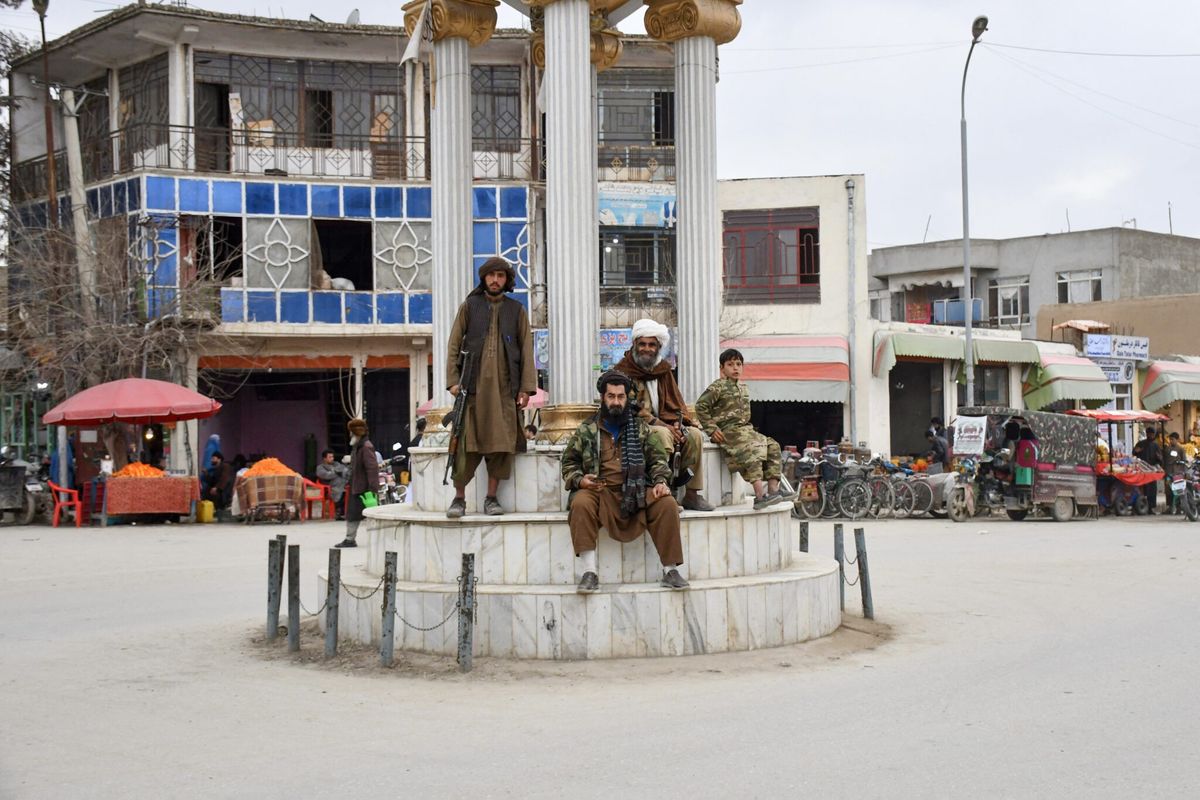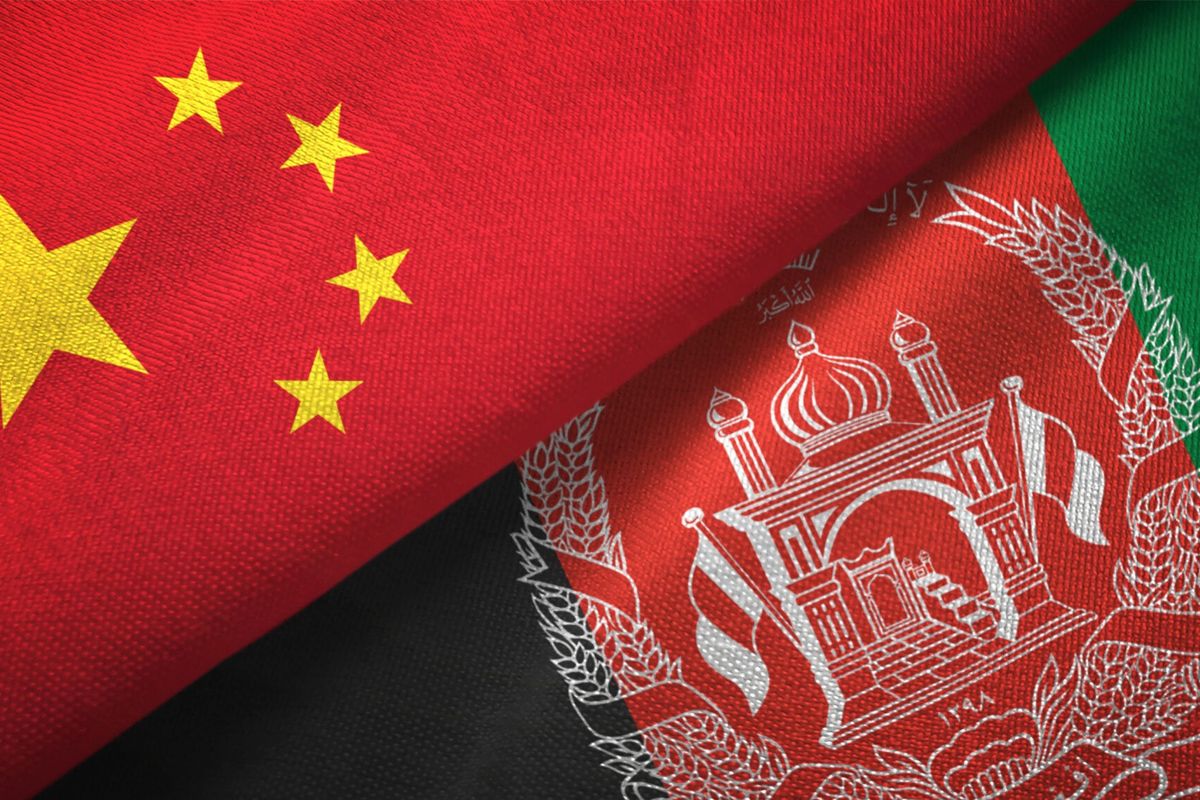Cipher Brief Expert General David Petraeus (US Army, Ret) served over 37 years in the U.S. military, culminating his career with six consecutive commands, five of which were combat, including command of the Multi-National Force-Iraq during the Surge, U.S. Central Command, and Coalition and U.S. Forces in Afghanistan. He subsequently served as Director of the CIA. He is now a partner in a global investment firm and chairs the firm’s global institute.
OPINION — This is a very urgent moment. The White House should be decisive and announce that we will do everything humanly possible to take care of those who shared risk and hardship with our troops, spies, diplomats, and others. The normal bureaucratic procedures (that have been so difficult) should be vastly simplified, with decision-making delegated to those actually on the ground. And our most capable military elements should be deployed with lots of drones and close air support available to help rescue as many Afghans as we can.
This is a Dunkirk moment and our decisions created it. We need to acknowledge that. And we should now act as if we do recognize the catastrophe that we have created for Afghans who supported us. We should ensure that the Taliban knows that we will not tolerate their efforts to impede the movement of individuals to get to the airport and get out of the country. And we should demonstrate that if need be. That is the only way to discharge our moral obligation to those who supported and served with us and who are now marked men and women in their own country because of that.
The Cipher Brief: Did you ever envision that the U.S. would pull out so quickly or completely leaving the Afghan military on its own without U.S. air support?
General Petraeus: Frankly, I did not, mostly because I thought the likely results would dissuade such a decision. Beyond that, the costs to the US in blood and treasure in recent years have been very sustainable. Also, keep in mind that by withdrawing the 18,000 contractors who maintained the US-provided transport and attack helicopters and planes, we also left the Afghan forces without adequate Afghan air support, as their operational readiness predictably eroded.
The Cipher Brief: Intelligence assessments seem to have wildly missed the mark on how fast Kabul would fall, what factors do you think contributed most directly to this?
A lack of appreciation for the infectious psychological blow to Afghan forces when they were under pressure simultaneously around the country and realized no one was coming to the rescue with reinforcements, resupply, and close air support. In such circumstances, there can be an epidemic of withdrawals, desertions, and surrenders - as there have been.
U.S. personnel are facing a deteriorating security situation at the Kabul airport while U.S. forces are still deploying for the contingency operation, another sign that the administration underestimated how fast the Taliban would reach Kabul.
The Cipher Brief hosts private briefings with the world’s most experienced national and global security experts. Become a member today.
The Cipher Brief: The U.S. could have chosen to slow the Taliban advance using airpower, why didn’t we?
General Petraeus: First and foremost is that presumably there was not a policy decision to authorize that. Second, even when air power is available, it is hard to bring it to bear without the situational awareness that we used to have from unblinking eyes (drones) over battles, LNO teams in Afghan HQs, and the presence of JTACCs to enable employment of true close air support. Without those, it is not easy to employ capabilities flying well over the battlefield.
The Cipher Brief: There is a lot of anger among many who serve in the national security community right now. What would you say to them today?
General Petraeus: All those who served should continue to have quiet pride in the fact that they voluntarily answered our Nation’s call at a time of war and did what our Nation asked of them. It was the greatest of privileges for me to serve with them.
Read more expert-driven national security insight, analysis and perspective in The Cipher Brief















